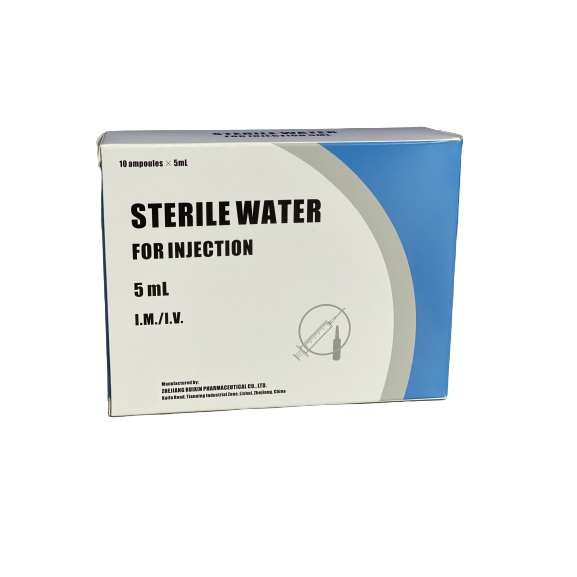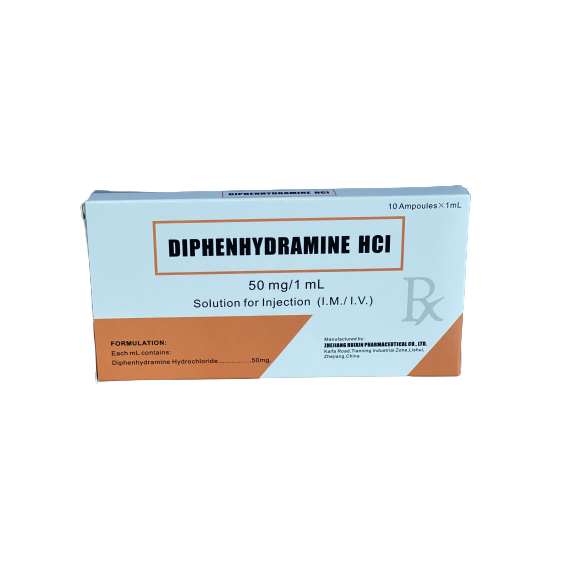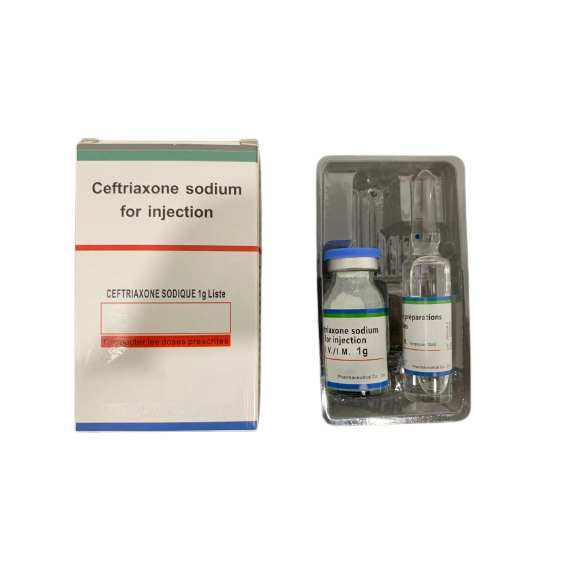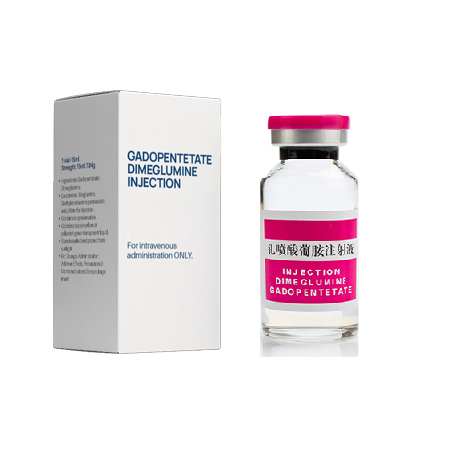Gastric acid has a series of important physiological functions. Long-term strong acid suppression is likely to produce some potential adverse reactions. The safety of long-term use of Proton-pump Inhibitors(PPIs) has attracted much attention in recent years. Below are the potential long term size effects of Proton-pump Inhibitors.
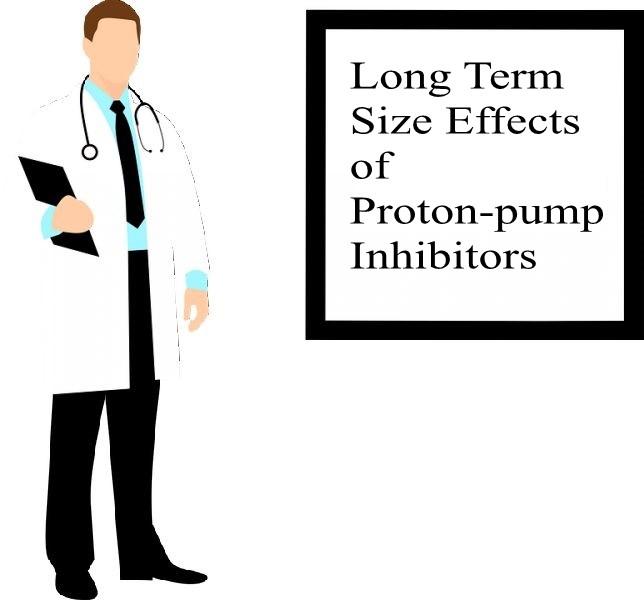
Long Term Size Effects of Proton-pump Inhibitors
Vitamin B12 deficiency
Mechanism: Gastric acid is closely related to the absorption of vitamin B12. Patients with long-term use of PPIs have a higher risk of vitamin B12 deficiency.
Suggestion: For elderly patients with poor systemic nutrition, it is recommended to monitor the serum vitamin B12 level. Use vitamin b12 injection if necessary.
Iron deficiency
Mechanism: Gastric acid helps the separation of iron salts from food and increase iron absorption. PPIs inhibit gastric acid and may affect iron absorption.
Suggestion: Long-term prescription of PPIs should be carefully prescribed for elderly patients or malnourished patients. It is recommended that hemoglobin levels of patients who have used PPIs for more than one year and have symptoms of suspected anemia should be tested. Patients with iron deficiency should evaluate the benefits and risks of continuing to use PPIs.
Hypomagnesemia
Mechanism: Hypomagnesemia is a rare and serious adverse reaction of PPIs, which may be related to the following factors: 1) The suppression of acid by gastric acid leads to a decrease in the expression of genes and proteins related to magnesium transport; 2) PPIs affect the bypass pathway of magnesium absorption. 3) PPIs reduce the amount of magnesium ions that can be used by the body and increase the excretion of magnesium from feces.
Suggestion:It is recommended to regularly monitor the blood magnesium concentration in patients when prescribing long-term PPIs, and should not be combined with other drugs that may cause hypomagnesemia. For patients diagnosed with hypomagnesemia, use magnesium preparations and stop PPIs if necessary.
Intestinal infection
Mechanism: Long-term application of PPIs makes the gastric environment alkalinize and reduce gastric acid barrier function, leading to bacterial colonization in the stomach and excessive growth of intestinal flora, increasing the risk of intestinal infection.
Suggestion:For elderly patients with immune deficiencies or chronic underlying diseases, the benefits and risks of long-term PPIs treatment should be envaluated before using it. When patients have fatal intestinal infections without indications for emergency acid suppression therapy, do not use PPIs anymore. Cimetidine Injection or Tablet can be used to replace PPIs.
Osteoporosis and fracture
Mechanism: PPIs cause alkalinization of the gastric environment, which can impair calcium absorption and bone density. PPIs can also inhibit osteoclast-mediated bone resorption.
Suggestion: For patients with high calcium requirements and high fracture risk, it is recommended to pay attention to blood calcium, parathyroid hormone, bone mineral density and other indicators when using PPIs.
Pneumonia
Mechanism: PPIs change the internal environment, causing bacteria to colonize and overproduce in the stomach, increasing the risk of lung infection; PPIs reduce the activity of neutrophils and natural killer cells, reduce human immune function, and increase the risk of infection .
Suggestion: The elderly are high-risk groups of pneumonia and gastroesophageal reflux disease. High-dose and long-term use of PPIs should be avoided as much as possible.
Dementia
Studies have shown that long-term use of PPIs can cause cognitive impairment and increase the risk of dementia. The mechanism may be related to PPIs causing β-amyloid protein abnormalities and vitamin B12 deficiency.


